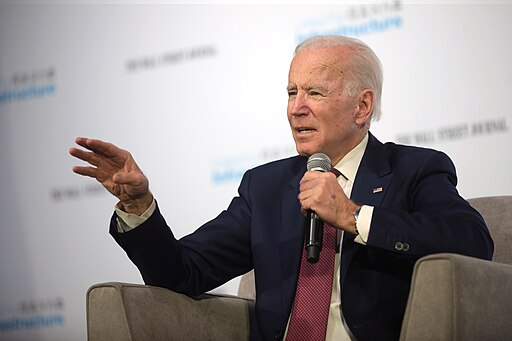Trump’s Georgia Case Dropped?
Fani Willis appears to be doomed!
The recent decision by the Georgia Court of Appeals to reconsider former President Donald Trump’s appeal application regarding Judge Scott McAfee’s ruling marks a pivotal development in the ongoing legal saga surrounding Fulton County District Attorney Fani Willis. This major development could mean that Fani Willis could be thrown off Trump case derailing everything!
Judge McAfee’s ruling, issued in March, stipulated that special prosecutor Nathan Wade must be removed from the case to prevent Willis from facing disqualification due to allegations of an inappropriate relationship between her and Wade. Trump and other defendants asserted that Willis and Wade had engaged in a romantic liaison prior to his appointment, with claims that Willis had financially benefited from this association. Both Willis and Wade vehemently denied these accusations.
McAfee’s decision allowed for the defense to challenge his ruling, leading to the recent announcement by the appeals court that they would entertain arguments aimed at disqualifying Willis from the case.
Trump’s legal representative, Steve Sadow, expressed anticipation for the opportunity to present arguments before the Georgia Court of Appeals, citing concerns of unjust political persecution and advocating for Willis’s disqualification.
Despite McAfee’s acknowledgment of an appearance of impropriety in the prosecution team’s structure, stemming from the alleged relationship between Willis and Wade, he ultimately found insufficient evidence to conclude that Willis had an actual conflict of interest. However, he underscored the necessity of addressing the perceived impropriety by either Willis’s office stepping aside or Wade withdrawing from the case.
Wade subsequently resigned from his role as special prosecutor, though the controversy surrounding the alleged relationship persisted.
The defense’s contention of financial gain for Willis through Wade’s hiring was examined by McAfee, who noted the unusual nature of Willis’s reimbursement practices but ultimately found no compelling evidence to suggest undue influence on her prosecutorial decisions.
McAfee’s ruling in March followed a comprehensive evidentiary hearing in February, during which the defense sought to establish a conflict of interest on Willis’s part. McAfee acknowledged the appearance of impropriety resulting from financial exchanges and the perceived lack of independent judgment as long as Wade remained involved in the case.
Contradictory testimony regarding the timeline of Willis and Wade’s relationship further complicated matters, with former acquaintances alleging the relationship began prior to Wade’s appointment.
The decision to grant the defense an opportunity for immediate appeal underscores the significance of McAfee’s ruling in the broader legal proceedings against Trump and his co-defendants, highlighting the complexity and contentious nature of the case.







Anyone involved in this scam lawsuit needs to go to prison for a minimum of 10 years and that will put a stop to all of these Dem inspired phony lawsuits.